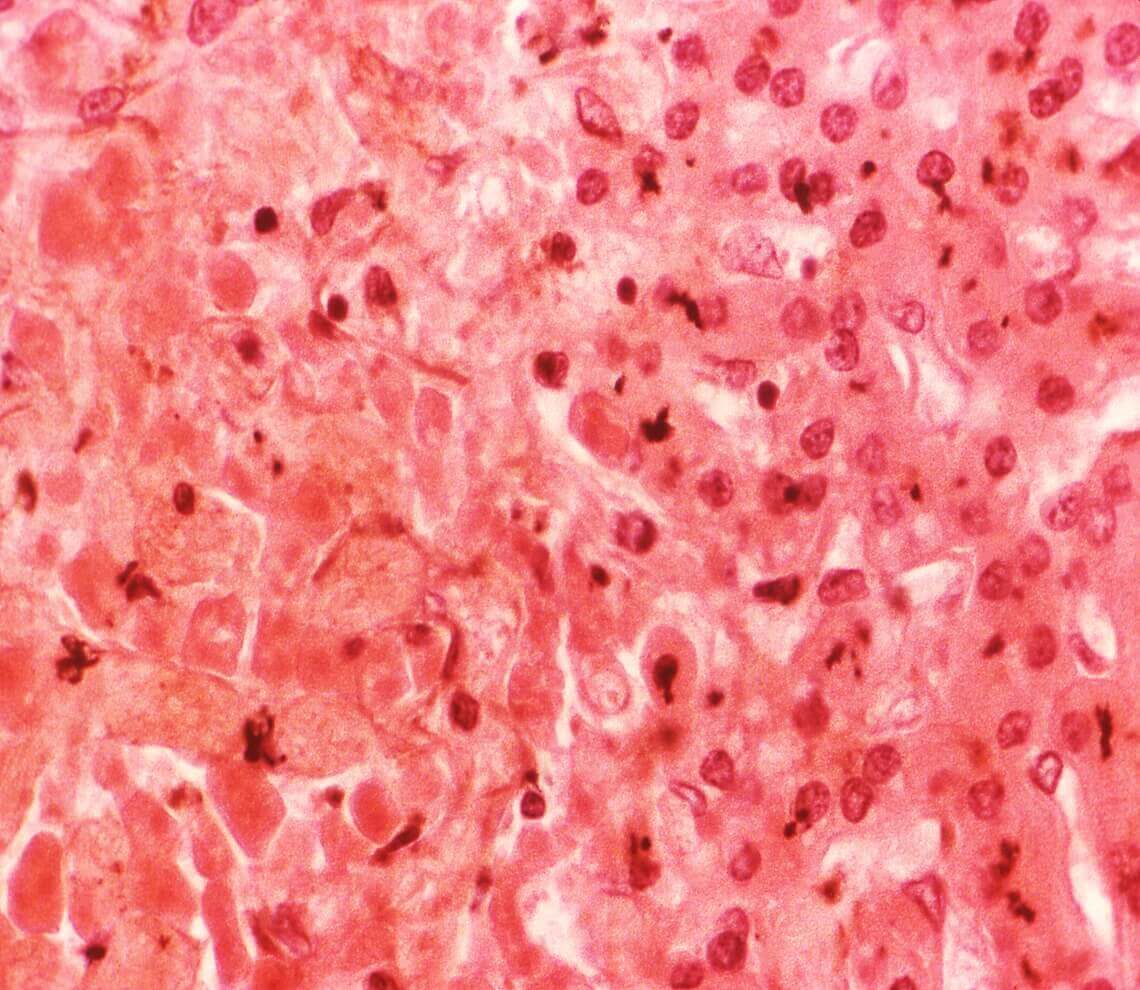- Our Suppliers
- MBS Monoclonals
- Mouse Anti-CD11a (inhibitor)
Product short description
Price:
343 EUR
Size:
1 mililiter
Catalog no.:
GEN570300
Product detailed description
Gene name
N/A
Gene name synonims
N/A
Other gene names
N/A
Concentration
N/A
Purification method
N/A
Other names
N/A
Immunoglobulin isotype
IgG1
Category
Antibodies
Clonality
Monoclonal
Clone
NKI(SPV)-L7
Latin name
Mus musculus
Also known as
CD11a (inhibitor)
Subcategory
Mnoclonal antibodies
Host organism
Mouse (Mus musculus) (Balb/c)
Tested applications:
Flow Cytometry (FC), Immunoprecipitation (IP)
Form/Appearance
Each vial contains 1ml of culture supernatant of monoclonal antibody containing 0.09% sodium azide.
Storage and shipping
Store the antibody at +4 degrees Celsius., or in small aliquots the antibody should be stored at -20 degrees Celsius..
Species reactivity
Human (Homo sapiens); Due to limited knowledge and inability for testing each and every species, the reactivity of the antibody may extend to other species which are not listed hereby.
Specificity and cross-reactivity
The monoclonal antibody SPV-L7 reacts with the alpha chain of LFA-1, the CD11a/CD18 integrin heterodimer present on Human T- and B-lymphocytes, granulocytes and monocytes.; Since it is not possible to test each and every species our knowledge on the corss reactivity of the antibodies is limited. This particular antibody might cross react with speacies outside of the listed ones.
Test
Mouse or mice from the Mus musculus species are used for production of mouse monoclonal antibodies or mabs and as research model for humans in your lab. Mouse are mature after 40 days for females and 55 days for males. The female mice are pregnant only 20 days and can give birth to 10 litters of 6-8 mice a year. Transgenic, knock-out, congenic and inbread strains are known for C57BL/6, A/J, BALB/c, SCID while the CD-1 is outbred as strain.
Description
This antibody needs to be stored at + 4°C in a fridge short term in a concentrated dilution. Freeze thaw will destroy a percentage in every cycle and should be avoided.Tissue, pathway, proteinase, peptidase, protease ,acrosin, lipoprotein, activator, caspase, trypsin, papain, esterase inhibitors are proteins or receptor ligands or receptor antagonists that bind to an enzyme receptor and decreases its activity. Since blocking an enzyme's activity can kill a pathogen or correct a metabolic imbalance, many drugs are enzyme inhibitors. Not all receptor antagonist that bind to enzymes are inhibitors; enzyme activator ligands or agonists bind to enzymes and increase their enzymatic activity, while enzyme substrates bind and are converted to products in the normal catalytic cycle of the enzyme.
© Copyright 2016-Tech News . Design by: uiCookies

